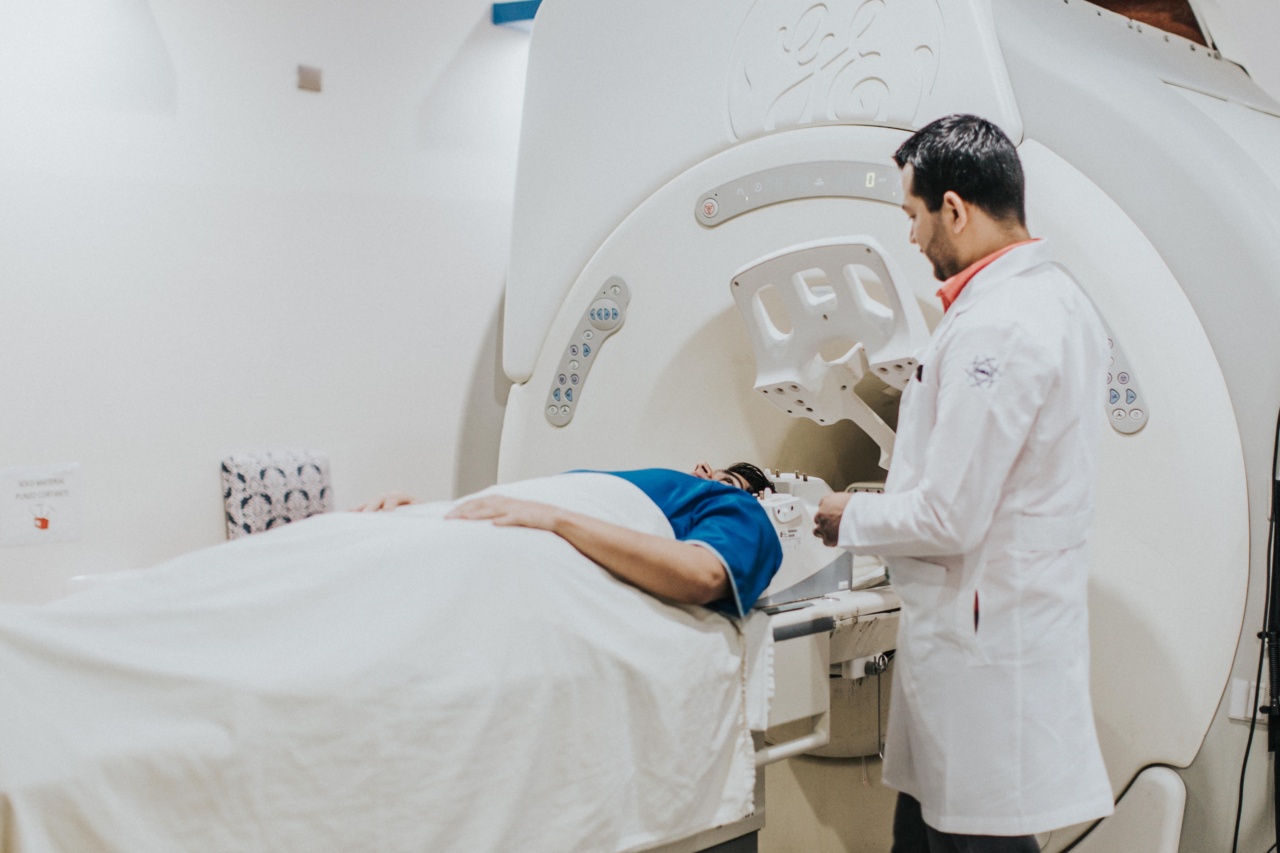Death is an inevitable part of life, yet losing a loved one can trigger a deep sense of grief that can be overwhelming.
Bereavement is a normal process of mourning the loss of a loved one, but it can also lead to long-lasting effects on an individual’s health, including an increased risk of mortality. In this article, we will examine the evidence linking bereavement and mortality risk and explore how this association can impact our physical and mental well-being.
What is Bereavement?
Bereavement is the experience of losing a loved one and the mourning process that follows.
Every individual’s experience of bereavement is unique, with factors such as the individual’s personality, the nature of the relationship and the way the loved one died all contributing to the grieving process.
Most people experience a range of emotions when someone they care about dies, including sadness, anger, disbelief, guilt, shock, and numbness. These emotions can be intense and physically and mentally exhausting.
The Connection Between Bereavement and Mortality Risk
Bereavement can have a profound impact on our health and wellbeing.
In fact, studies have shown that individuals who experience severe bereavement have an increased risk of mortality, with this risk being greater in the first few months following the loss of a loved one.
One study found that individuals who recently lost a spouse had a 41% increased risk of mortality compared to those who were not bereaved.
Another study found that widowed individuals had a 44% higher risk of dying from a heart attack or stroke in the first six months following their spouse’s death.
Physical Health Effects of Bereavement
Bereavement can have a range of physical health effects. For example, it can increase the risk of developing conditions such as high blood pressure, diabetes, and heart disease.
Additionally, individuals who have been bereaved may be more susceptible to infections, and they may take longer to recover from illnesses.
Some studies have suggested that bereavement can cause changes to your immune system that leave you more vulnerable to physical illness and disease.
This is because the stress of losing a loved one can lead to an increase in stress hormones, which can impact the body’s immune response.
Mental Health Effects of Bereavement
Bereavement can also have a range of mental health effects. For example, individuals who are bereaved are more likely to experience depression and anxiety. They may also struggle with sleep disturbances and fatigue.
Some studies have suggested that the mental health impacts of bereavement may be greater for individuals who lost a loved one unexpectedly or in traumatic circumstances.
Coping with Bereavement
Coping with the loss of a loved one can be challenging, and everyone’s experience of bereavement is unique. Here are some tips that can help you cope with bereavement:.
- Take care of yourself. Eat healthily, exercise and try to get plenty of rest
- Talk to friends and family
- Don’t be afraid to seek support from a mental health professional
- Join a bereavement support group
- Take time to grieve, and allow yourself to experience your emotions
The Bottom Line
Bereavement is a normal process of mourning the loss of a loved one, but it can also lead to significant long-lasting effects on an individual’s health, including an increased risk of mortality.
Coping with the loss of a loved one can be challenging, but seeking support from friends, family, and healthcare professionals can help you get through this difficult time.





























